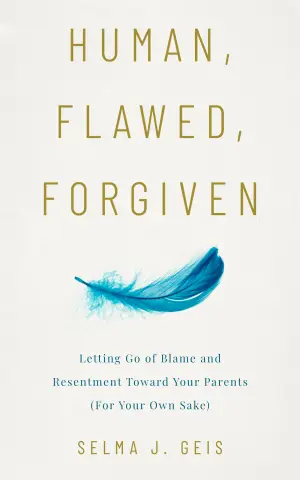Book Review: Get Married: Why Americans Must Defy the Elites, Forge…
Having heard Brad Wilcox on ‘The Art of Manliness’ not once, but twice, I felt an undeniable pull towards his book, Get Married: Why Americans Must Defy the Elites, Forge…. Wilcox’s unapologetic defense of marriage resonated with me deeply, especially as someone who has come to see the profound impact that commitment and family can have on our lives. His perspectives not only challenged my preconceptions but ignited a passion for the marital ideal that I didn’t even know was lying beneath the surface.
At its core, Wilcox’s work examines the various forces pushing against traditional marriage in America, particularly those of the elite and the pressing voices from both ends of the political spectrum. What struck me the most was his discussion of the anti-natalist sentiments found among groups like MGTOW and certain feminist movements. Wilcox artfully positions these views not as the norm, but as distinct outliers opposing the concept of family and procreation. In a way, his exploration felt almost like a call to arms for those of us who believe in the sanctity and societal benefits of marriage.
In delving into the statistics, Wilcox makes a compelling case that relationships—specifically, strong marriages—yield the best outcomes in terms of happiness and longevity. I found his analysis backed by research as he cites economist Raj Chetty and even John Gottman’s work on marriage dynamics, giving the reader credible grounding for his claims. Particularly memorable was his assertion that “older people who had good marriages back in their fifties also had the best physical and emotional outcomes in their seventies and eighties.” This point struck a chord with me, emphasizing that marriage is not merely a life choice but a long-term investment into health and happiness.
Beyond the data, Wilcox’s writing style is engaging and conversational, making complex societal arguments digestible. He skillfully uses anecdotal evidence to lighten heavy subjects, creating a balance that kept me invested in the narrative. However, I did notice some moments where he leaned on strawman arguments, particularly when dismissing opposing views from popular media. This could feel a bit one-sided at times, but I appreciated the overall message and see the urgency in advocating for family life, especially in a culture increasingly leaning towards individualism.
Wilcox’s insights into sexual satisfaction as a predictor of marital happiness were especially eye-opening. His arguments reminded me of the truths I’ve come to recognize in my nearly 20-year marriage. Sharing a life—and yes, even a bank account—has fostered a sense of teamwork in my relationship with my wife, Kerri. His assertion that “putting ‘we before me’ doesn’t just boost your odds of being happy in your marriage” really resonated with me, echoing the life I’ve been living.
This book isn’t perfect; it’s laden with biases, including Wilcox’s own pro-marriage stance, and I could wish for a wider exploration of the complexities that come with marriages that don’t fit the idyllic mold he sketches. Yet, I believe Get Married is crucial for anyone grappling with the concept of marriage in today’s fragmented world.
If you’re a reader interested in family dynamics, seeking encouragement for marriage, or simply wanting to challenge your views about relationships, this book is for you. Through Wilcox’s insights, I found renewed encouragement to cherish my own marriage and the importance of standing up for the values I believe in. For anyone wrestling with family ideals, this work could serve as a thoughtful guide and maybe even reignite a commitment to building a loving family atmosphere. After all, in a world often plagued by isolation, there’s nothing like the enduring power of marital partnership.
Discover more about Get Married: Why Americans Must Defy the Elites, Forge … on GoodReads >>






